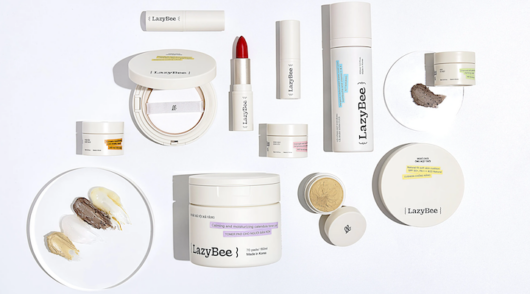China’s largest e-commerce player Alibaba Group said it recorded year-on-year growth over this year’s Singles Day sales period that ended at midnight on Saturday, while rival JD.com reported sales volumes at a record high.
Data provider Syntun, meanwhile, estimated cumulative gross merchandising volume (GMV) sales across major e-commerce platforms rose 2.08 per cent to US$156.40 billion compared with growth of 2.9 per cent last year.
Originally a 24-hour online shopping event held on November 11 each year in China, the Singles Day festival – a nod to the digits in the date – has expanded into weeks of promotions across the country’s major e-commerce platforms and in bricks-and-mortar stores.
Expectations for sales growth for the festival, which is viewed as a gauge of consumer confidence, were subdued this year as the economy struggles to recover.
Last year, when China was emerging from Covid-19 curbs, Alibaba, the country’s largest e-commerce player by market share, did not disclose the yuan value of its sales for the festival for the first time.
Again this year, it said only that sales were positive, without giving details, for its e-commerce platforms Tmall and Taobao.
Alibaba, put pressure on merchants to price aggressively this Singles Day, and at the start of the festival in late October, said it would offer 80 million products at their deepest discount of the year.
Analysts saw this as an attempt to fight back against rivals such as Douyin and PDD Holdings’ Pinduoduo that have changed the landscape of Chinese e-commerce in recent years by selling lower-cost and discounted items year-round.
Discounts of 40 per cent-50 per cent were much more common than in previous years as a result. A Bain and Company report released last week found that 77 per cent of the 3,000 consumers it surveyed had planned to spend less or the same amount on Singles Day compared with last year.
Bain said shoppers intended to spend on necessities such as tissues, handwash, instant noodles and pet food, while trading down and buying less in discretionary or big-ticket categories such as home appliances and furniture.
Several consultancies predicted Singles Day GMV growth across platforms could return to double-digit growth for the first time since the pandemic, but the final sales picture will take time to emerge. The GMV figures take into account the value of all orders placed, and do not capture the amount that will be returned later.
Analysts and industry executives expect return rates to be high this year as consumers buy more in order to obtain larger discounts on checkout, only to return the items they do not need. Items related to health and wellness and outdoor lifestyles were expected to outperform, with global brands such as Nike and Lululemon expected to sell well.
Alibaba reported that sales of road bikes jumped by 300 per cent during the first hour of sales.
Colour cosmetics, traditionally a strong performer throughout the Singles Day sales period, were expected to struggle this year as make-up demand remains low almost a year after China lifted strict Covid-19 restrictions.
- Reporting by Casey Hall; Editing by Simon Cameron-Moore and Barbara Lewis, of Reuters.






